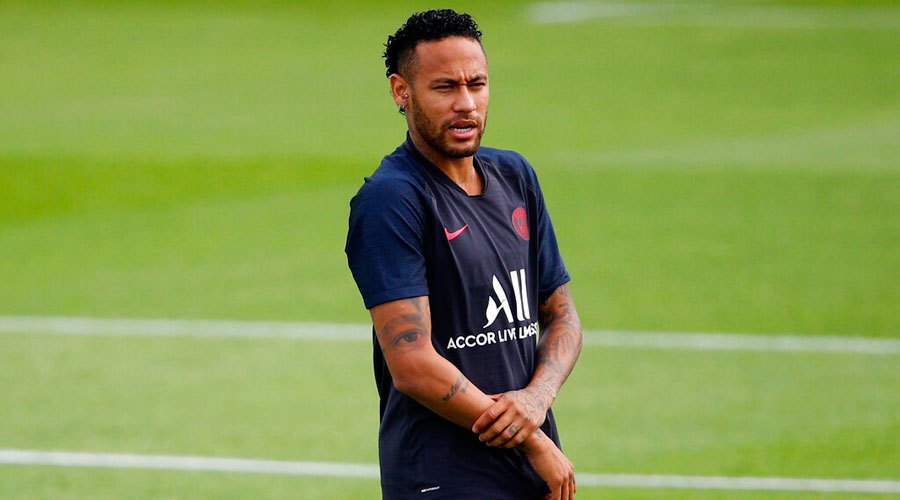Unlike Josh de Caires, Michael Atherton’s cricketing son who uses his mother’s surname so as not to trade on the ready association with his father, the Argentine footballer Maxi Biancucchi does not shirk from familial relationship. He likes to be known by the nickname El Primo de Messi — or Messi’s Cousin.
And, over the weekend, Messi’s Cousin cheerfully weighed in to the controversy over his relative’s putative move away from Barcelona (oddly, Lionel Messi does not go by the reciprocal nickname of Biancucchi’s Cousin).
“If he were happy at Barcelona he would have stayed there,” Messi’s Cousin told an Argentine radio station, arguing that the gargantuan buyout clause in the player’s contract represented a restraint of trade.
He did not say so by chance. The organisation that surrounds the world’s most renowned sportsman does not allow unauthorised outbursts. Messi’s people are careful to ensure nothing untoward happens to damage the reputation of the man at the centre of the business. That is largely because Messi’s people are, literally, Messi’s people. His father has long controlled his career. His cousin is his spokesman. Family members provide a human shield, and they speak as one.
Do not be surprised if next week the man who likes to call himself Messi’s Brother-in-Law reveals that the player once visited Maine Road (Manchester City’s old stadium) as a boy and developed a lifelong fascination with the Kippax Stand. Surely, it is now time to allow that love to be fulfilled.
The Messi approach is one being borrowed across the game. Kylian Mbappe’s agent is his father. Neymar Snr is estimated to have earned over £100 million adeptly steering his son’s career. In England, too, Marcus Rashford’s agent is his brother. At Chelsea, when it comes to discussing the terms of Callum Hudson-Odoi’s contract, the club know they will have to negotiate with his father, the formidably named former Ghana international Bismark Odoi.
The idea is an attractive one. Why allow an outsider to hoover up large quantities of commission when you
could keep it all in-house? Far better, too, for a player’s well-being not to have a dodgy agent undermining his relationship with his club in order to profit from an unnecessary transfer. Keeping it in the family allows best interests to remain at the heart of the business.
Or, at least, that is the theory. It does, however, depend on the family member not becoming intoxicated by wheeling and dealing. A recent Netflix documentary attempted to launder the reputation of Nicolas Anelka, casting him as a misunderstood romantic who merely loved the game. Unfortunately, the more you watched, the more the documentary appeared to suggest he was actually a willing collaborator with his brothers in a business strategy.
It was a modus operandi that clearly appealed to Danijel Arnautovic. He brilliantly wangled his brother Marko out of Stoke City to make a lucrative move to West Ham United. Soon, however, the brotherly agent was at it again, insisting his client wanted to head to China. West Ham initially capitulated and increased Marko’s wages. So far, so clever. Until Danijel upped the ante six months on, eventually moving his brother to the Far East before he had an opportunity to make his mark in east London. Marko’s career is now treading water in the cash reservoir that is the Chinese Super League. Oh well, it made them both rich.
And at least they are still together. Unlike the mistress of insider agenting and her first client. A former showgirl called Wanda Nara was fruitfully looking after her husband Maxi Lopez’s affairs until she spotted a more lucrative opportunity in the same Sampdoria dressing room. When she signed up Mauro Icardi, she dumped Lopez not only as a client but as a husband, too. She is now known as Wanda Icardi. Which is proof that in football, business and pleasure do sometimes mix.
The Daily Telegraph










